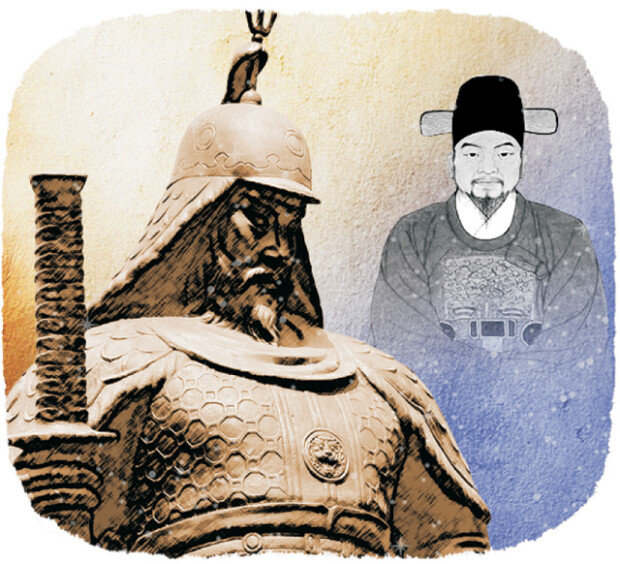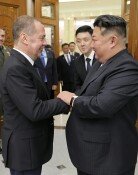Commanders and demagogues
Commanders and demagogues
Posted August. 06, 2019 07:41,
Updated August. 06, 2019 07:41

In the battle of Chilchunryang, the Joseon navy forces led by Adm. Won Gyun were decimated. Even now, his name provokes anger among many Koreans. Analysis shows that the admiral’s tactics were far from flawless. In fact, his commandership was reckless if not impotent, playing into the pace and tactics of Japanese military. And there were other people who were responsible for this failure yet managed to get away with impunity. It was the amateur strategists, politicians, and government officials. The botched battle started from a simple binary theory that Japan is strong on land, and Joseon is strong in waters. Someone started to instigate that the war would be over once the Joseon navy occupies Busan port.
Adm. Lee Soon-shin and his fleets stayed still. The first rule of battle is to choose the right battlefield. A win here does not guarantee another win there. Adm. Lee was faithful to this rule and opposed the plan to attack Busan. The demagogues were quick to accuse Adm. Lee, the legendary founder of the Joseon navy forces, of failing to act on a winnable battle that can immediately put an end to war. King Seonjo chimed in, which led to the firing of Adm. Lee and the beginning of a tragedy. Adm. Won Gyun died in a battlefield, but those who incited the attack were nowhere to be seen.
It is almost uncanny how history repeats itself. The repetition becomes even more inevitable when it is a history of simple mistakes. Forty years later, Joseon faced another battle at Namhansanseong Fortress. The siege of Qing grew ever more stifling, leaving Joseon with merely two options of giving up or giving in. Some government officials began to argue that Choi Myung-gil, a Joseon scholar who stressed the need to keep peaceful relations with Qing, must be killed. What was his crime? The demagogues blamed Choi for pursuing peace with Qing, deterring military actions, and busting the morale of Joseon army by exaggerating the size of enemy forces. Choi’s peace-making, they argued, ruined the battle when Joseon could have defeated the Chinese army had they braced themselves with a more resolute sense of solidarity and mentality. As I said, history repeats itself. And as historian, I take some solace from this simple truth.
tjdrud0306@donga.com







